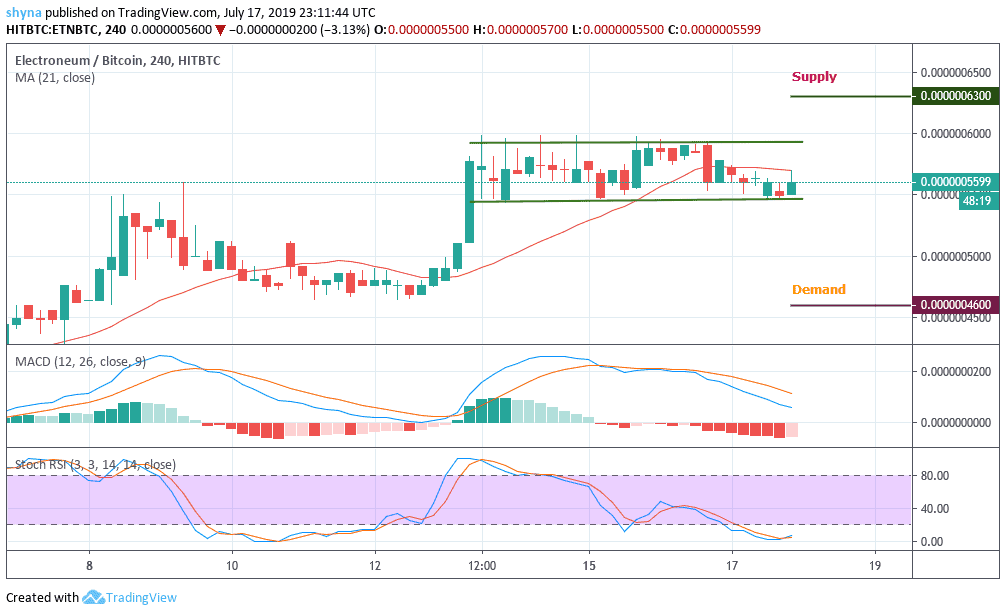Join Our Telegram channel to stay up to date on breaking news coverage
Mining is one of the most talked-about topics as far as cryptocurrencies, in general, are concerned. A vast majority of crypto users have turned to mine crypto, particularly now that bitcoin had a rally and the possibility of dodging trading fees on popular cryptocurrency exchanges like Binance. However, detractors of the mining activity have also repeatedly pointed out the health and environmental hazard that this activity is turning into.
Statistics have shown that the entire planet produced 25,082 TWh of electricity over the past year. On the flip side, Bitcoin mining consumed 45.81 TWh, approximately 0.81 percent of the total global electricity production. For a better comparison, economist Alex de Vries wrote in the Bitcoin Energy Consumption Index that a single Bitcoin mining operation takes as much energy as can be used in 17 households for a day, and the trend seems to be on the upsurge.
At this point, it’s obvious that Bitcoin mining isn’t environmentally sustainable. For Bitcoins to be mined, a lot of processing power is required for activities like transaction validation and user synchronization. The only problem is that as time has gone on, the calculations to be solved to mine the asset have become more complex. The mining difficulty has continued to rise, and with this rise comes a corresponding increase in the computing power and electricity required
Case and point; in 2018 alone, the computing power required to run a Bitcoin mining operation quadrupled.
To help offset some of this complexity, a lot of Bitcoin mining farms and facilities have been set up in countries and regions where electricity costs are cheap. The cheaper the power costs, the more the profit that miners can make.
Still, this has only helped so much. Currently, a single Bitcoin mining operation consumes 42,000 kWh, according to a separate estimation by Vries.
However, apart from the obvious energy consumption that the operation is taking up, there seems to be another problem; one of accountability. Bitcoin is a decentralized, and mining is done across a vast network of computers spread across the world. Since there is no institution that can provide insights into the amount of energy that flows into the Bitcoin network, pointing out the extent to which this operation consumes energy can never really be accurately done.
The total amount of computing power that is available from all the connected Bitcoin mining computers can be captured by the network, but it can not capture how efficiently they are working, where their location is, and what their power is.
Unlike Bitcoin trading platforms that provide sufficient information about how users transact, Bitcoin mining is a tad less transparent. So, Vries estimate is based on the assumption that all miners use the ASIC miner, a more efficient Bitcoin mining software. This is not often the case and given that mining is also powered by numerous private Bitcoin mining computers, there is every possibility that the actual figures are much higher.
As regards solutions, there are only three that come to mind. There is the use of more renewable energy resources by firms, which will help reduce CO2 emissions and improve miners profits as well.
We could also make the switch from Proof-of-Work mining to Proof-of-Stake. However, given how much this would radically change the Bitcoin protocol, a lot of miners would rather adopt this.
Finally, the government could step in to regulate mining in locations with high CO2 emissions. Mining farms could also be compelled to relocate, especially to regions with vast sources of renewable energy. Sadly, this solution is also unrealistic, as international coordination and assessment of CO2 emissions would have to be in place. For now, this doesn’t work.
Join Our Telegram channel to stay up to date on breaking news coverage


